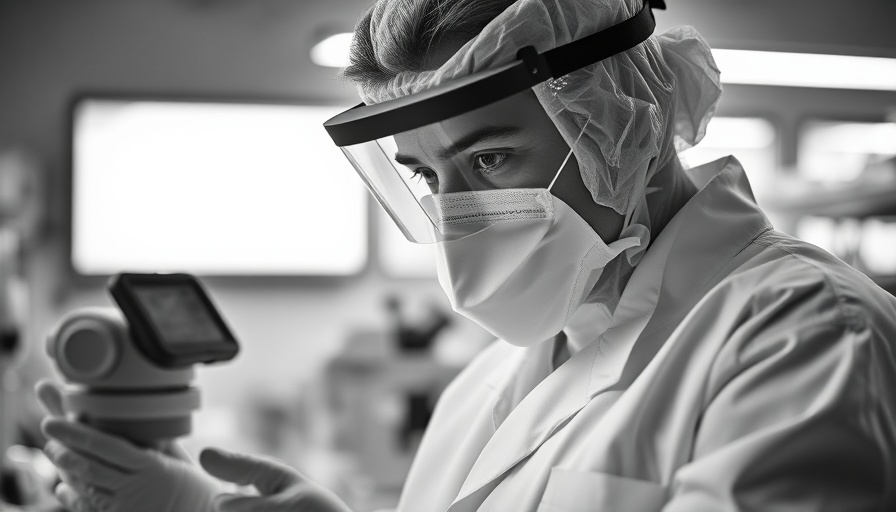
What is Clinical Testing in the Beauty Industry?
Understanding the intricacies of clinical testing is crucial for consumers and brands alike. Clinical testing is a rigorous and regulated process that evaluates beauty and wellness products on human subjects. Using advanced technology, brands collect data on various skin factors such as hydration, texture, and pigmentation over significant periods, often spanning 12 to 16 weeks. This scientific approach not only bolsters the credibility of the results but also addresses increasing consumer skepticism regarding product efficacy claims.
The Financial Stakes of Clinical Testing
Investing in clinical testing can be financially daunting for brands, with costs ranging from $25,000 to $40,000 per product tested. This substantial investment raises a significant question: How can brands justify the seek for clinical validation? While some companies may hesitate due to potential financial losses if the product fails to yield desired results, others recognize that credible testing can significantly enhance brand reputation and consumer trust.
The Role of Packaging in Clinical Studies
Interestingly, packaging plays an integral role in the clinical testing process. Brands often evaluate whether lab sample packaging is acceptable for studies. Experts like Laura Lam-Phaure suggest that if dosing instructions can be met with sample packaging, it may suffice. However, ensuring the product is in its final packaging allows for accurate dosing and reflects the real-world use of the product. Additionally, label-less packaging can prevent bias and leakage of information prior to the product launch, protecting the brand's reputation.
Real-World Risks and Rewards
Amid the financial concerns, what's often overlooked is the tangible risk associated with clinical testing: if the product does not meet expectations, the financial investment may be wasted. However, seasoned brands depend on existing research and internal testing to assess the anticipated performance of new products. Experts, like Lisa Mattam of Sahajan, emphasize the importance of having a solid foundation of data from ingredient manufacturers, which can help gauge the likelihood of success before embarking on clinical trials.
Why Clinical Testing Matters
For consumers, understanding the rigors of clinical testing can empower them to make informed choices. Brands that invest in these processes convey a dedication to transparency and consumer safety. In a market inundated with products that make lofty promises, clinical testing serves as a beacon of credibility, offering evidence that results are not just marketing fluff but rooted in scientific validation. This trust is invaluable in consumers’ purchase decisions.
Future Trends in Beauty Testing
As the beauty industry evolves, innovations in clinical testing are likely to emerge. Brands may increasingly integrate high-tech solutions like artificial intelligence to analyze results faster and more accurately. Furthermore, sustainability will play a pivotal role; companies will likely seek greener alternatives in testing methods and packaging, aligning with the growing consumer demand for environmentally-conscious practices.
In conclusion, clinical testing represents a demanding but vital process that shapes the beauty and wellness landscape. Both consumers and brands can benefit from understanding its significance, risks, and emerging trends. As we navigate this evolving industry, being informed can not only enhance our shopping experiences but also contribute to a more transparent beauty market.
If you're keen on learning more about the impact of clinical testing in product development, or if you're a brand looking to make your mark responsibly, take a moment to review the latest findings. Understanding these processes can empower smarter purchasing decisions and highlight the importance of transparency in beauty.
 Add Row
Add Row  Add
Add 




 Add Row
Add Row  Add
Add 

Write A Comment